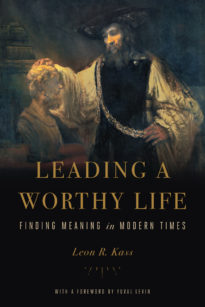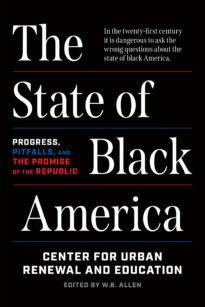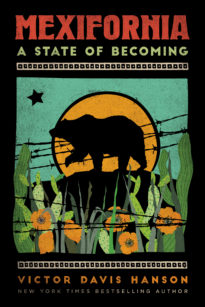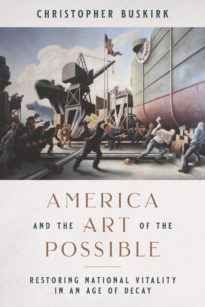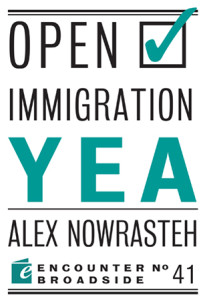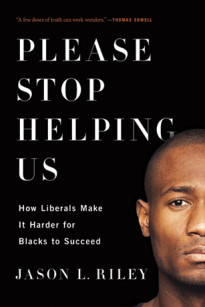The great fact about today’s world is cultural difference. Americans have long thought that they are no different from other people, only freer and more fortunate. They pride themselves on living independent lives in which they work out their personal destiny. They wish that everyone had these opportunities. But that individualist style of life is far less universal than most people think, and today it has come into question both at home and abroad. To recognize and address that huge reality is the great challenge of our time.
All of America’s greatest tests today involve groups or nations that, on average, are not individualist, but more cautious and collective-minded. At home, individualism is fading among low-income Americans, who are less able than they once were to take responsibility for themselves. Immigrants, too, are much less individualist today than they were a century ago, because they chiefly come from Asia or Latin America rather than Europe. That is, they tend to defer to the setting around them rather than asserting themselves and seeking change. Abroad, America must deal with poor countries much worse governed than ourselves. These countries require support but also guidance. We also face Asian challengers for world leadership, particularly mainland China, which again are not individualist. In all these struggles, cultural difference is the great reality.
Fear of racism has long suppressed discussion of these differences. Our establishment insists that all Americans of whatever background are the same. But ever since his election campaign in 2016, President Trump has flouted that taboo. He often disparages minorities and immigrants in flagrant terms, inciting charges of racism. The defenders of sameness call him racist. But whether he is or not, he has made it clear that group and national differences in culture must be faced rather than denied.
In contrast to either Trump and his critics, this book questions both sameness and racism. Culture connotes what people think life is about, what we strive to do or be. Differences in culture are too important to ignore, but neither are they racial in any physical sense. Rather, they arise from differences in attitudes and ways of life. Most Americans descend from the strongly individualist ethos of Europe, but minorities and most recent immigrants reflect the more cautious, collective-minded, and deferential societies of other parts of the world. Research on world cultures and from other sources shows that these differences are large and important. They enrich our culture, but they greatly complicate integrating our society at home and maintaining American primacy abroad.
Yet cultural difference has been ignored in virtually all scholarship on public affairs, both foreign and domestic. We say that America has become multicultural, but to discuss cultural difference is forbidden. Orthodox commentators downplay differences. The world is said to be globalizing, all countries seek economic affluence, and since the Cold War most deep divisions among nations have faded. There are of course some conflicts, such as between radical Islam and the West, but these are relatively minor; the national and ideological divisions of old were far more serious. Within the United States, observers tend again to minimize difference. Since the civil rights movement and the expansion of immigration, citizens of any background have become officially interchangeable. While there are still divisions over treatment of racial minorities, the establishment and the media celebrate a generalized diversity.
It is true that old-fashioned ideological and racial hierarchies have faded, but they have been replaced by distressing cultural divisions. Groups and nations that are Western are set against others that are non-Western. The former are individualist; the latter far less so. Worldwide, Cold War divisions have diminished, but a gulf still separates the West—with its assertive, individualist style—from the rest of the world. And at home, the old hierarchies of empire, class, and caste live on in painful identity politics focused on group differences. If nothing else, Trumpism demands a more candid discussion of these differences. In order for American world leadership to endure, a cultural battle to reaffirm an individualist America must first be fought and won.


